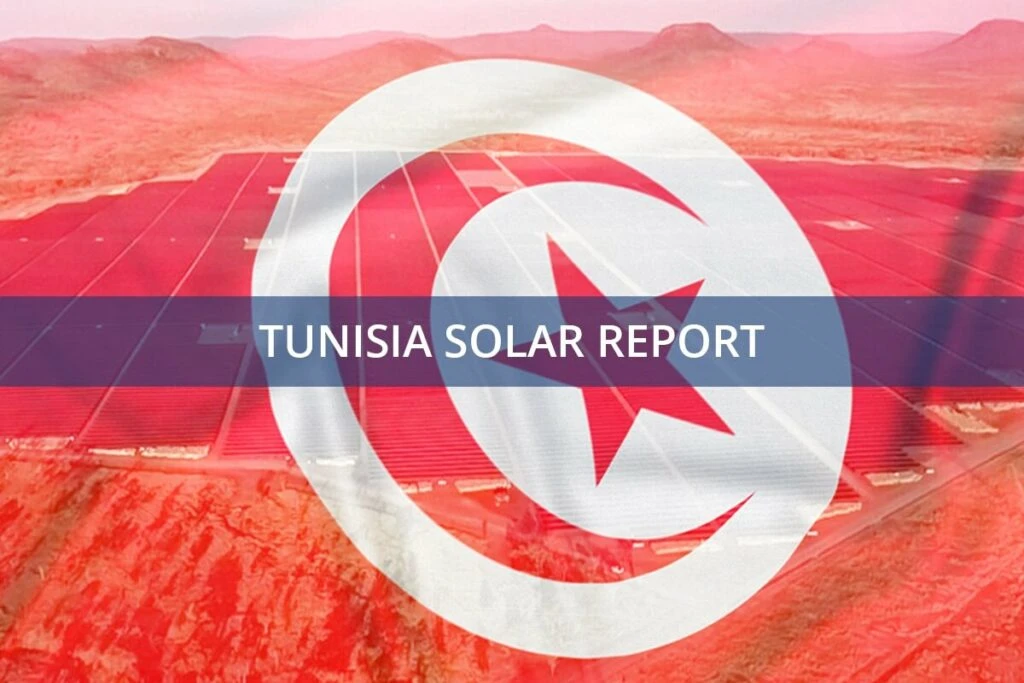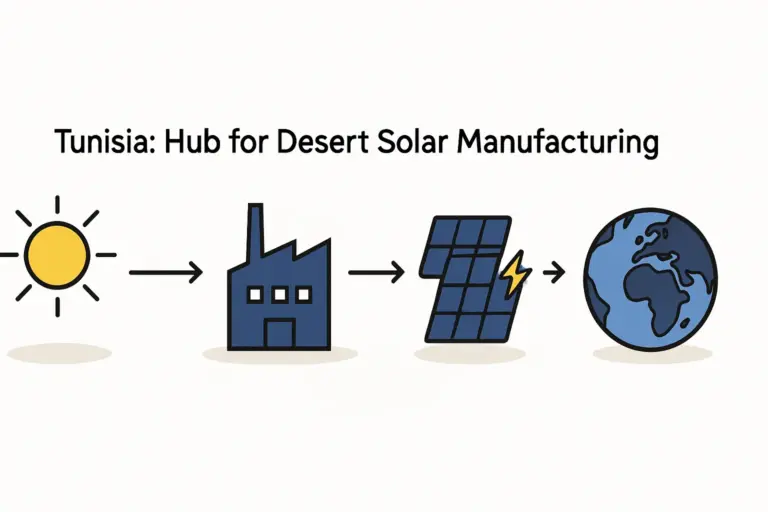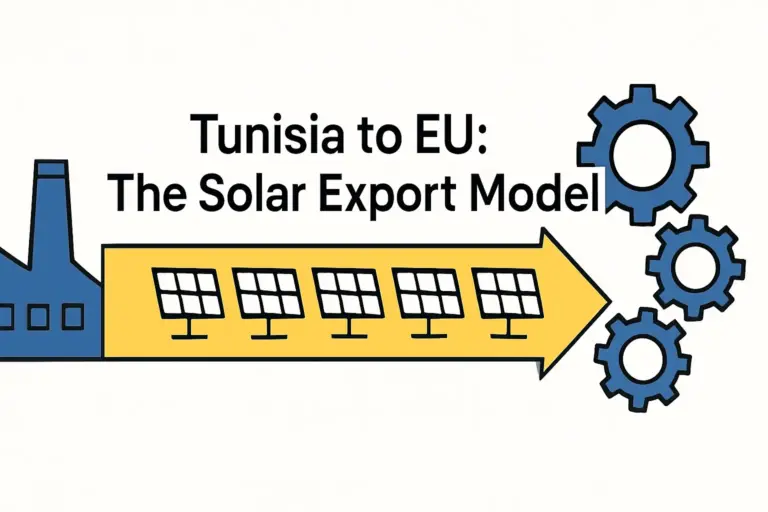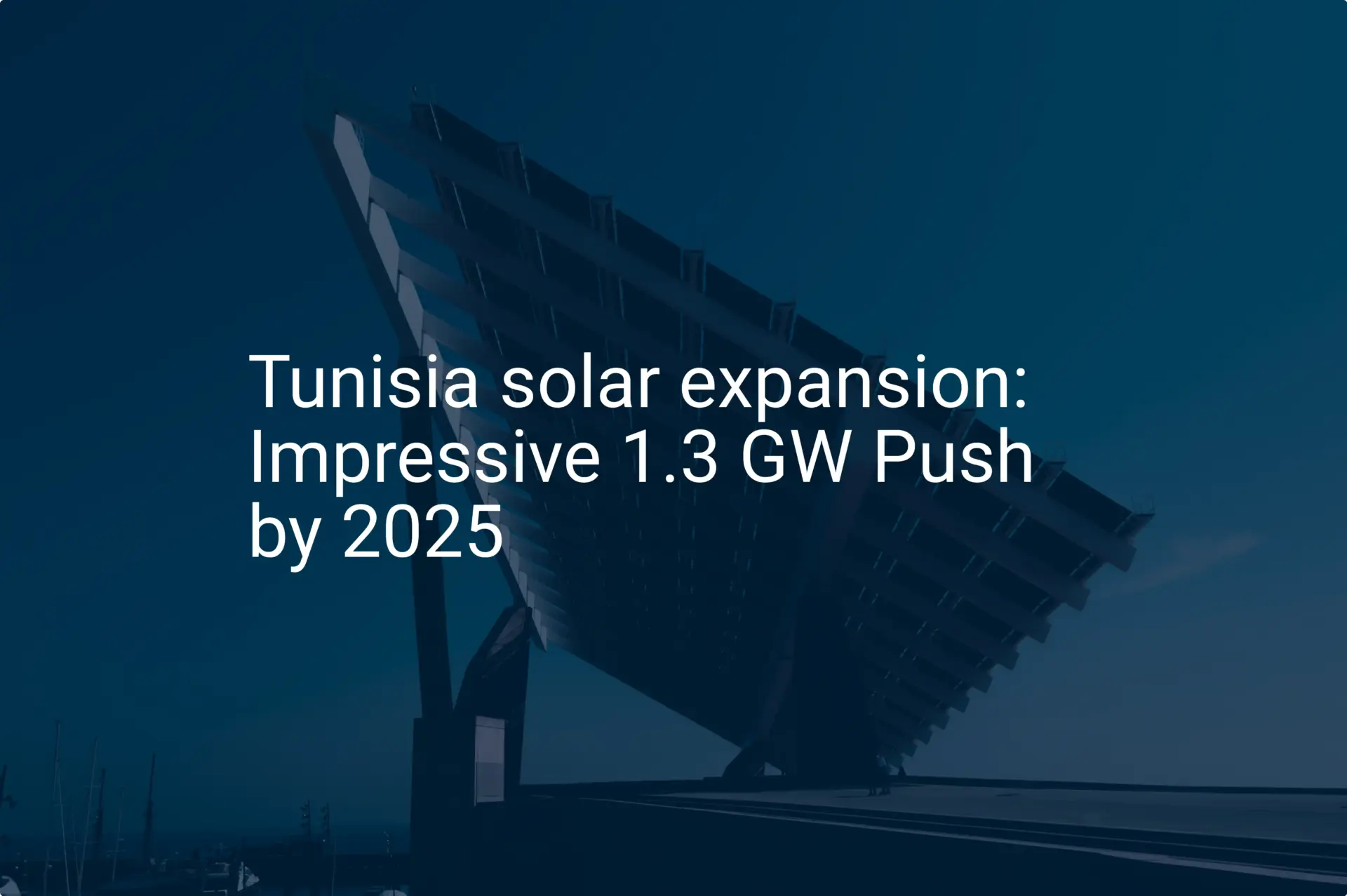Disclaimer: This case study represents a composite example derived from real-world
consulting work by J.v.G. Technology GmbH in solar module production and factory optimization. All data points are realistic but simplified for clarity and educational purposes.
For many successful entrepreneurs, entering a new industry in an emerging market presents a familiar challenge. While the opportunity is significant, the perceived risks—from capital exposure to regulatory uncertainty—can be a considerable barrier.
A well-structured approach, however, can transform a speculative venture into a calculated, resilient investment. This dynamic holds particularly true for solar module manufacturing in Tunisia, a nation positioned at the nexus of European demand and African solar potential.
This analysis outlines a strategic framework for establishing a solar module factory in Tunisia, focusing on a phased rollout designed to mitigate risk and maximize long-term returns. The framework combines the strengths of a favorable local environment with the security of German engineering and a prudent investment strategy.
The Tunisian Advantage: A Foundation for Stable Growth
A clear understanding of the host country’s foundational strengths is the essential first step. Tunisia offers a compelling combination of geographic, economic, and political advantages that create a stable environment for industrial investment.
Strategic Location and Market Access
Located on the Mediterranean coast, Tunisia serves as a logistical gateway between Africa and Europe. This strategic position is enhanced by the Deep and Comprehensive Free Trade Area (DCFTA) agreement with the European Union, which facilitates streamlined access to one of the world’s largest solar markets.
For a manufacturer, this translates to reduced trade friction and a significant competitive edge when supplying European clients.
Beyond its export potential, Tunisia itself is a burgeoning market for renewable energy. The government has set an ambitious target of generating 35% of its electricity from renewable sources by 2030. This national commitment, fueled by the country’s high solar irradiation levels (averaging over 3,000 hours annually), ensures strong local demand for high-quality solar modules.
A Supportive Operational Environment
Beyond market access, Tunisia offers the human and industrial resources necessary for a successful manufacturing operation. The country is known for its skilled and multilingual workforce, with a strong tradition in engineering and technical disciplines.
Labor costs remain competitive relative to Europe, allowing for efficient production without compromising on quality. The existing industrial infrastructure, including reliable transport networks and ports, further simplifies logistics and supply chain management.
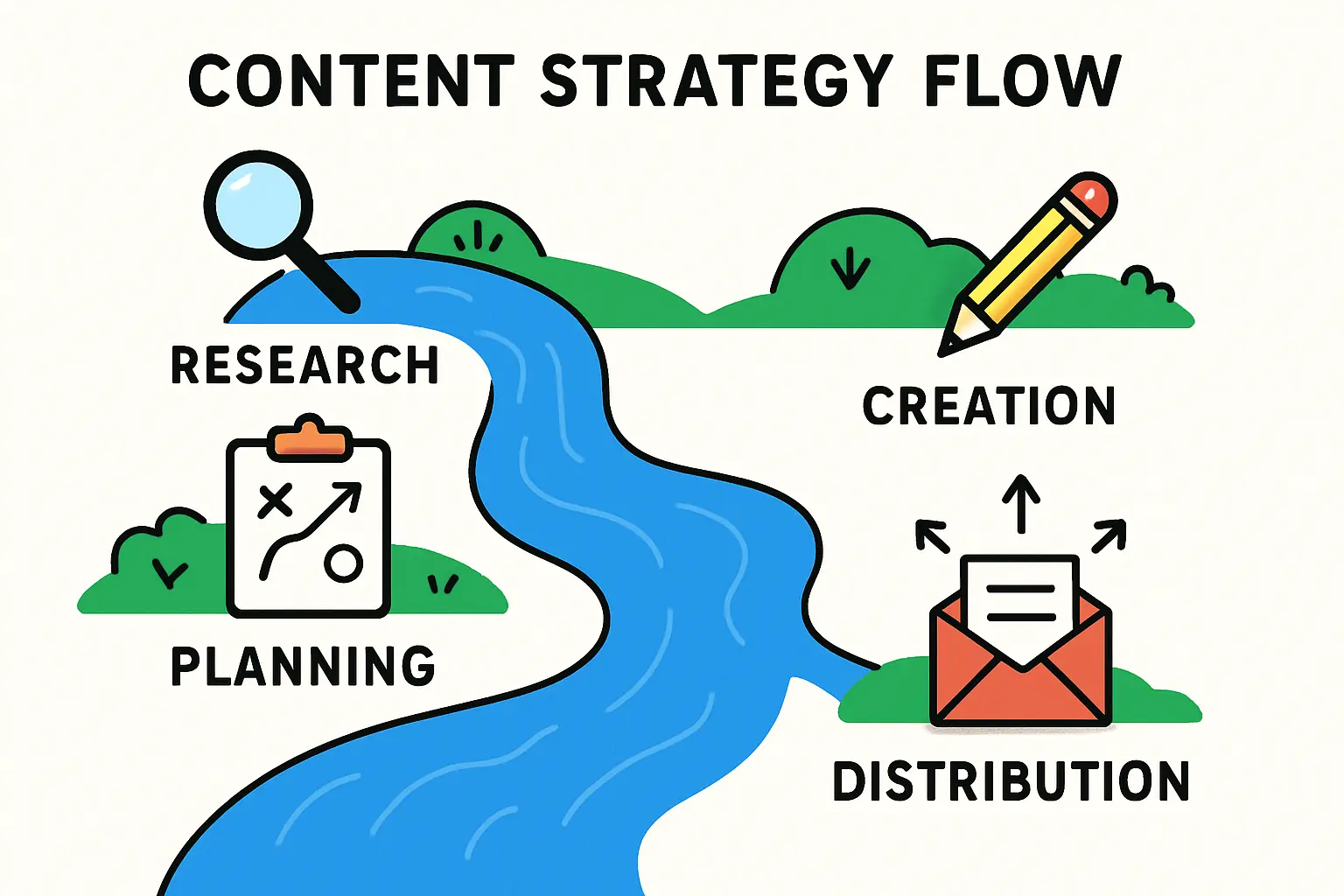
A Framework for Secure Investment
For any foreign investor, financial and legal security are paramount. The Tunisian framework, coupled with international safeguards, provides a robust structure for protecting capital and ensuring operational stability.
Legal Protections and Financial Guarantees
Tunisia’s Investment Law (Law No. 2016-71) was specifically designed to attract and protect foreign direct investment. It guarantees the free transfer of profits and capital abroad and offers a clear, transparent process for establishing a business. The Tunisian Dinar is convertible, which mitigates currency risk for international investors.
Investors can further de-risk the venture by securing political risk insurance from institutions such as the Multilateral Investment Guarantee Agency (MIGA), a member of the World Bank Group. MIGA insurance protects against non-commercial risks—including currency inconvertibility, expropriation, and political instability—providing an essential layer of security for the invested capital.
The Phased Rollout: A Prudent Approach to Capital Deployment
Managing capital exposure through a phased rollout is the most effective strategy for mitigating risk in a new manufacturing venture. Instead of committing to a large-scale facility from day one, this approach involves starting with a manageable pilot line and scaling operations based on market traction and proven success.
Phase 1: The 50 MW Pilot Line
The initial phase focuses on establishing a 50 MW production facility. This scale is large enough to be commercially viable and to establish a market presence, yet small enough to limit the initial investment for a solar panel factory. This pilot line serves several key purposes:
-
Process Optimization: Allows the team to refine manufacturing processes and train the local workforce in a controlled environment.
-
Market Entry: Enables the company to secure initial customers and build a reputation for quality and reliability.
-
Proof of Concept: Provides a tangible demonstration of the business model’s success to stakeholders and financial partners, facilitating funding for future expansion.
Future Phases: Scaling to 1 GW Capacity
Once the 50 MW pilot line is operating efficiently and profitably, the business can confidently proceed with expansion. The long-term vision involves scaling the facility in modular stages, ultimately reaching a capacity of up to 1 GW.
This methodical growth ensures that each expansion phase is justified by existing demand and operational cash flow, minimizing financial risk at every step.
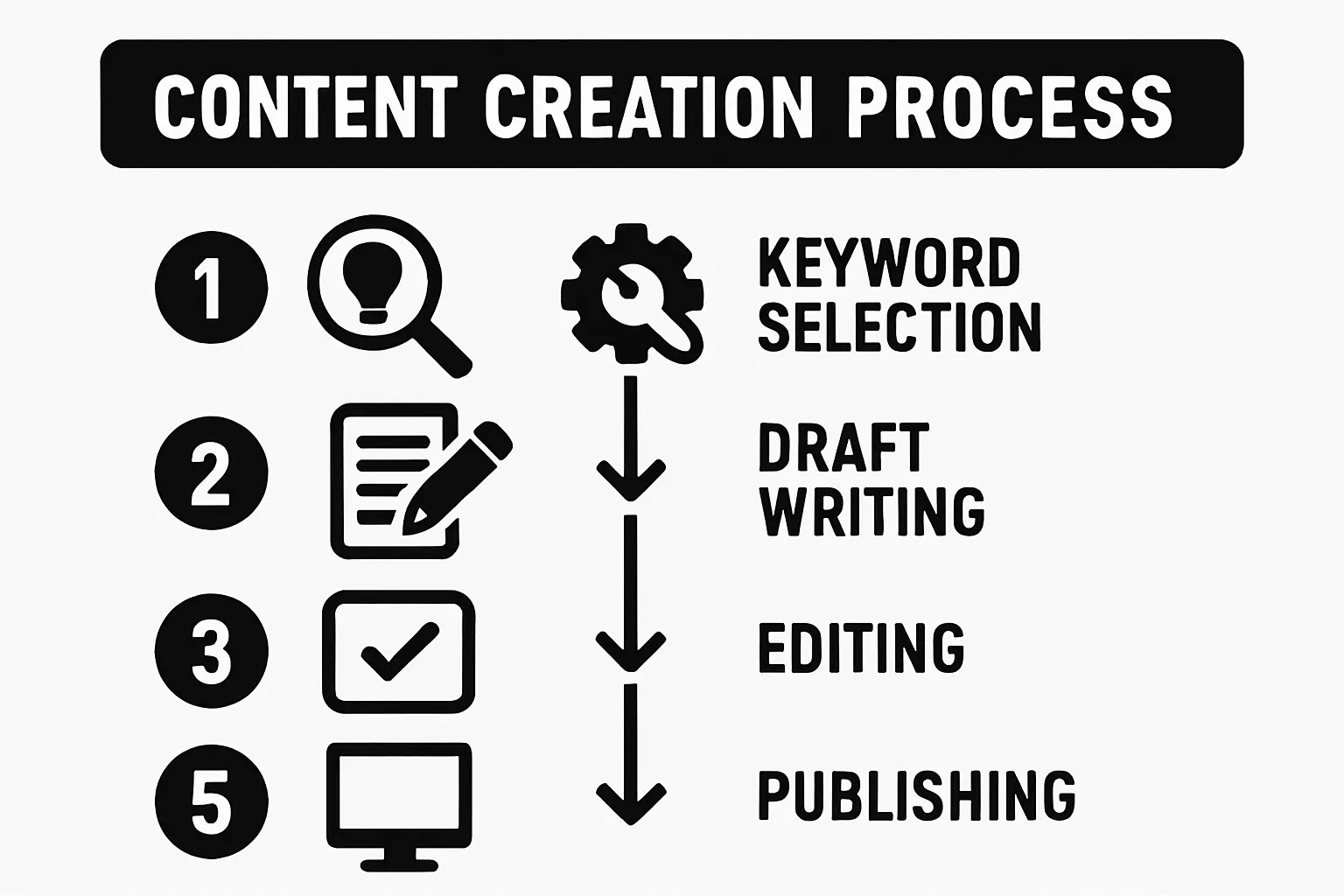
The German Engineering Pillar: Experience as the Ultimate Risk Mitigation Factor
A sound strategy and a favorable location are incomplete without proven technical expertise. In the complex field of solar manufacturing, experience is a critical asset that ensures efficiency, quality, and long-term reliability.
The EU-based Photovoltaic manufacturing solution partner, brings over three decades of hands-on experience in the German solar industry. Their multi-generational expertise in engineering, process optimization, and factory planning forms the project’s technical backbone.
This involvement ensures the facility is designed and operated according to the highest international standards, from machinery selection for the full turnkey solar production line to quality control protocols. Such deep-seated knowledge provides an irreplaceable level of assurance, transforming potential technical challenges into manageable, well-understood processes.

Frequently Asked Questions (FAQ)
What makes Tunisia a more stable choice compared to other North African countries?
Tunisia has made significant progress in establishing a democratic government and a modern legal framework favorable to foreign investment. Its proximity and strong trade ties to the EU, combined with a skilled workforce and political will for renewable energy, create a uniquely balanced environment for industrial projects.
How does a phased rollout specifically reduce financial risk?
A phased rollout matches capital expenditure to proven milestones. The initial investment is limited to the pilot line, and subsequent, larger investments are made only after this first phase proves its profitability and market acceptance. This approach allows generated revenue and a proven track record to finance growth.
What is the typical timeline for establishing the initial 50 MW phase?
Based on experience gained from European PV manufacturers’ turnkey projects, a 50 MW production line can typically be planned, constructed, and commissioned within 12 to 18 months, assuming all administrative and financial prerequisites are met in a timely manner. A detailed project timeline is a core component of a professional solar business plan.
How does German engineering expertise translate into tangible benefits?
It translates into higher efficiency, lower material waste, superior product quality, and faster problem-solving. This expertise informs every decision, from the factory layout to the calibration of sensitive equipment, ultimately leading to a more profitable and reliable operation.
Conclusion: A Blueprint for Resilient Investment
Establishing a solar manufacturing facility in Tunisia represents a significant commercial opportunity. A strategic framework focused on risk mitigation, however, transforms this opportunity into a compelling and resilient investment case.
The combination of Tunisia’s inherent advantages, a secure legal and financial environment, a prudent phased rollout, and the backing of proven German engineering creates a balanced and strategic pathway for entrepreneurs looking to enter the global solar industry. This methodical approach transforms ambition into a structured, achievable, and ultimately successful venture.
Download the Tunisia Solar De-Risking Case Study (PDF)
Author: This case study was prepared by the
turnkey solar module production specialists at J.V.G. Technology GmbH
It is based on real data and consulting experience from J.v.G. projects
worldwide, including installations ranging from 20 MW to 500 MW capacity.

